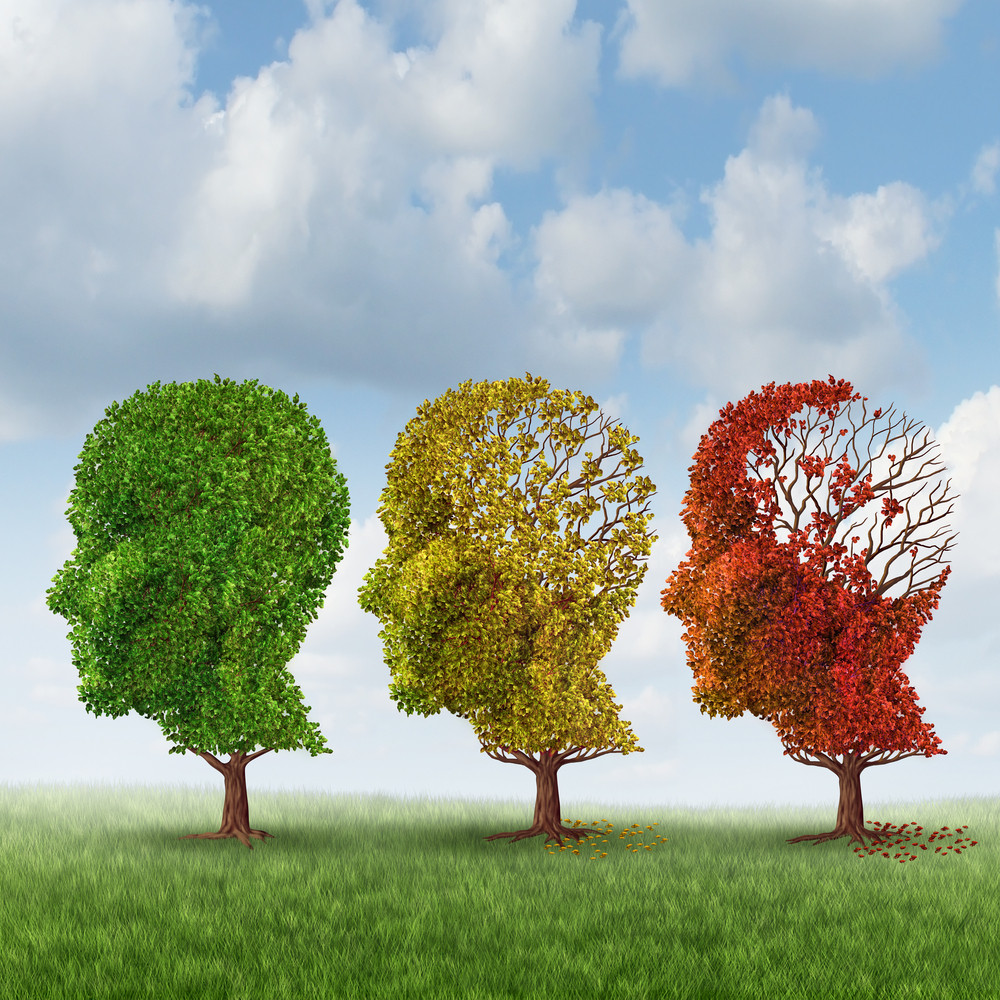Learn about brain health and nootropics to boost brain function
Nootropics: Preventing Alzheimer’s and Boosting Brain Power

Are you looking to protect your brain health this year? What about boosting your memory, motivation, creativity, as well as alertness? If so, then you may want to look to nootropics. These cognitive enhancers, derived from plants or isolated amino acids, may also help to reduce the risk of age-related brain decline.
Used in both Chinese medicine as well as Ayurveda medicine for thousands of years, these elements come in either natural or synthetic substances. What’s more, there are also prescription nootropics that are used to counteract the symptoms of attention deficit hyperactivity disorder (ADHD), narcolepsy, or Alzheimer’s disease.
Natural nootropics are touted as a safer option as they are free of side effects. Unfortunately, synthetic nootropics have been associated with side effects that include rapid or irregular heartbeat, insomnia, depression as well as withdrawal symptoms. As a result, it’s preferable to avoid the following nootropics; Adrafinil
Armodafinil (Nuvigil)
Lucidril (Meclofenoxate)
Phenibut
With that said, if you really want to boost your brain health, here are a few natural nootropics to add to your system. 1. Bacopa Monnieri
A herbal remedy originating from India as well as part of traditional Ayurvedic medicine , bacopa has been used for years to help address cognitive health.
For one, research published in the journal Pharmacognosy Research found that bacopa helped to speed up the information processing in the brain, which then led to an improvement in memory, as well as attention and focus.
What’s more, bacopa monnieri also contains bacosides – active compounds that help to protect the brain from oxidative stress ( 1 )
As repeated use of Bacopa monnieri has been shown to have the aforementioned effects, it’s been recommended to take a daily dose of about 300mg for a period of 6 to 4 weeks . The substance can be found in supplement form online or at your nearest health store. 2. Omega-3 fatty acids
Found in fish oil capsules as well as supplements, omega-3 fatty acids may provide benefits for brain health. In fact, research published in the Aging Clinical and Experimental Research journal found that fish oils helped to reduce the decline in brain function associated with aging.
DHA accounts for a large amount of omega-3 fat found in brain cells, it’s no wonder that it’s been linked to improving thinking skills, memory as well as reaction times .
EPA, on the other hand, contains anti-inflammatory properties and it’s not only been linked to protecting the brain against aging, but it may also help to improve mood in people battling with depression ( 2 ). 3. L-Theanine
One of the compounds that make green tea such a popular health drink. L-theanine is a common nootropic that’s naturally found in green tea ( as well as supplement form ) and it’s been found to have positive neurodegenerative effects. For instance, research published in the Asia Pacific Journal of Clinical Nutrition found that taking just 50 helped to increase alpha-waves in the brain, which are linked to creativity.
Additionally, a separate study published in the Journal of Medicinal Food found that L-Theanine also helped to boost mental performance in individuals dealing with mild cognitive decline. 4. Panax Ginseng
According to research published in the Human Psychopharmacology journal , Panax ginseng helped to not only reduce brain fatigue but also significantly boost brain performance.
What’s more, a review found in the Journal of Ginseng Research revealed that Panax ginseng may help to prevent neurological disorders such as Alzheimer’s disease, Parkinson’s disease, and Huntington’s disease. 5. Resveratrol
An antioxidant available in supplement form and found in the skin of fruits like grapes, raspberries, and blueberries as well as red wine, chocolate, and peanuts. In fact, resveratrol may be exactly what you need to improve brain health.
While there still needs to be more human studies, animal studies have found that resveratrol can help to improve both memory and brain function ( 3 ). That said, one human study published in the Journal of Neuroscience found that resveratrol helped to improve memory over a period of 26 weeks.
Yes, nootropics may help to boost brain health. However, it’s important to always talk to your doctor before trying any supplements.
However, if you really want to protect your brain health, then get enough sleep. You should also eat a nutritious diet and manage your stress levels. Doing so will help to keep your brain sharp in the coming months. References
Jash, R., & Chowdary, K. A. (2014). Pharmacognosy research , 6 (1), 46–51. doi:10.4103/0974-8490.122917
Kim, K., Lee D., Lee H., et al. (2018). Journal of Ginseng Research, Volume 42, Issue 3, Pages 239-247, ISSN 1226-8453, https://doi.org/10.1016/j.jgr.2017.03.011.
Muldoon, M., Ryan C., Sheu, L., et al, (2010). Serum Phospholipid Docosahexaenonic Acid Is Associated with Cognitive Functioning during Middle Adulthood, The Journal of Nutrition , Volume 140, Issue 4, Pages 848–853, https://doi.org/10.3945/jn.109.119578
Nobre, A., Rao, A., Owen, G. (2008). L-theanine, a natural constituent in tea, and its effect on mental state. Asia Pacific journal of clinical nutrition. 17 Suppl 1. 167-8.
Park, S., Jung, I., Lee, W., et al. (2011). Journal of medicinal food. 14. 334-43. 10.1089/jmf.2009.1374.Reay, J.L., Scholey, A.B. and Kennedy, D.O. (2010), Panax ginseng (G115) improves aspects of working memory performance and subjective ratings of calmness in healthy young adults. Hum. Psychopharmacol. Clin. Exp., 25: 462-471. doi: 10.1002/hup.1138 Russo, A., F. Borrelli, F. (2005), Bacopa monniera, a reputed nootropic plant: an overview,Phytomedicine, Volume 12, Issue 4, Pages 305-317, ISSN 0944-7113, https://doi.org/10.1016/j.phymed.2003.12.008 Witte, V., Kerti, L., Margulies, D., Flöel, A. (2014) Journal of Neuroscience 4 June 34 (23) 7862-7870; DOI: 10.1523/JNEUROSCI.0385-14.2014Zhang, X., Hou, W., Li, M. et al. Omega-3 fatty acids and risk of cognitive decline in the elderly: a meta-analysis of randomized controlled trials. Aging Clin Exp Res 28, 165–166 (2016). https://doi.org/10.1007/s40520-015-0381-9
Read more at www.longevitylive.com